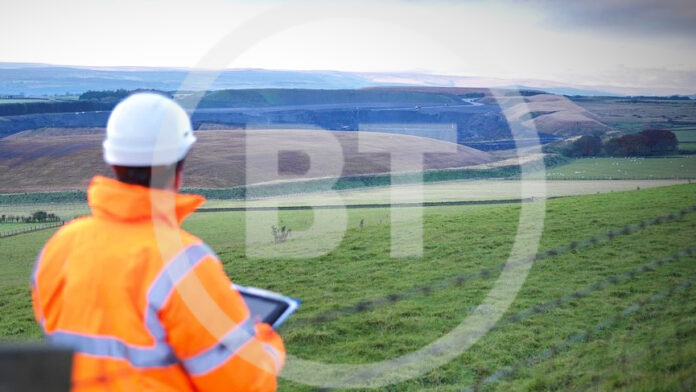In sum – what to know
Connected rural workforce – BT links 34,000 DEFRA workers, machines, and sensors for environmental and agricultural monitoring, plus field worker safety.
Shared rural network – EE’s mobile network will dovetail with the government’s Shared Rural Network infrastructure to plug rural connectivity gaps across the UK.
Telecoms as partner – BT’s deal shows telecom’s shift from pure connectivity to enabling smart public services, digital transformation, and sustainability outcomes.
BT has signed a major five year deal with the Department for Environment, Food and Rural Affairs (DEFRA) in the UK to connect 34,000 workers, machines, and sensors to support real-time reporting of data to help predict extreme weather events like flooding, prevent other critical events like farming disease outbreaks and water contamination, and to improve rural safety for “thousands” of DEFRA’s field workers. It is a multi-million-pound contract, said BT.
It covers DEFRA’s operations in England, Scotland, and Wales. It will also support workers across its ‘cluster members’, which include The Environment Agency, the Animal, Plant & Health Agency, Natural England, the Marine Management Organisation, and The Rural Payment Agency. All cellular-based devices will be connected on its EE-branded mobile network. It will also leverage the UK’s Shared Rural Network (SRN), which EE has invested in.
The SRN project is a £1 billion public-private initiative launched in 2020 to improve rural 4G/LTE connectivity gaps, particularly in so-called ‘partial not-spots’ where only one operator has coverage. Its target is to cover 280,000 rural premises, and around 16,000 km of rural roads. UK government funding of £500 million has been matched by a combined investment from the UK’s four major MNOs: EE (BT), Vodafone, Three, and Virgin Media O2.
Operators will share masts and infrastructure in rural areas, reducing duplication and cost. The new contract with DEFRA will see remote and lone workers receive EE mobile devices; the deal also covers the supply of water sensors for water quality checks, flood monitoring, agricultural crop and livestock monitoring. Rural payment machines will also be connected, among other things.
BT is to support DEFRA’s carbon reduction ambitions as part of the deal with “key tools including eSIM capability”, as well as its Carbon Dashboard product, which provides visibility of electricity consumption and carbon emissions at an workload and application level. The idea is to help minimise waste and reduce carbon-generating activities. Besides government deals, BT’s public sector contracts include 200 NHS trusts, 43 police forces, and 29 fire services.
Andy Rowe, director of central government at BT, said: “For organisations with large fleets and field workers, hybrid working is about more than just home and office spaces. Staying connected on the go is critical for DEFRA’s workers who rely on mobile connectivity to operate effectively and serve the wider public community daily or in emergency situations.”

